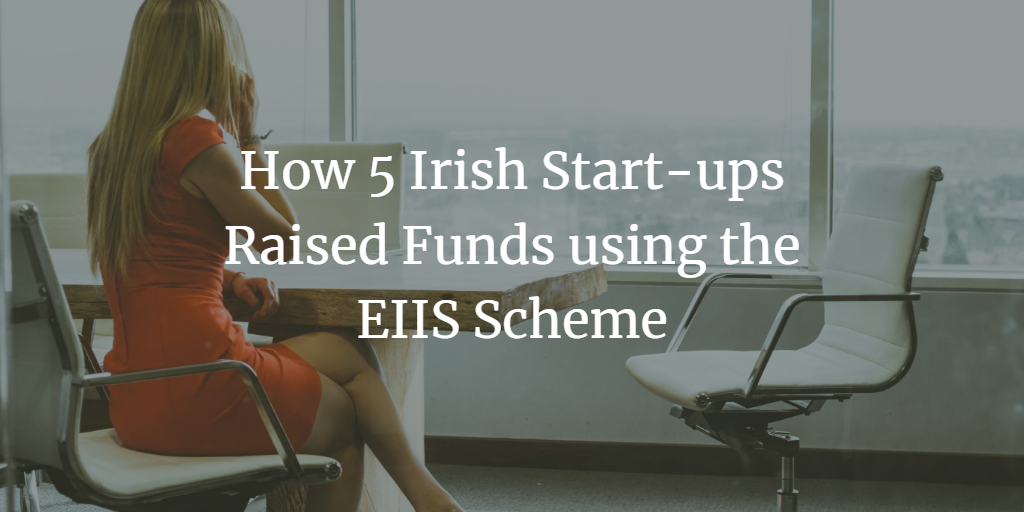Raising funds from private investors is difficult at the best of times. Even if you have a world-beating product with a unique selling point, investors will want to review your strategy and make an educated guess as to whether you can increase the value of the business so that they get a sufficiently attractive return on their investment.
It is even more difficult for start-ups where investors have to take into account factors such as the pedigree of the founders and their ability to successfully execute the strategy, the size of the market, the ability to capture enough market share and the current valuation of the business.
There is a well-known adage in investing which says, “Manage the downside and the upside will look after itself”. What this is basically saying is that if you try to minimise the amount you can lose (i.e. the downside risk) you don’t need to worry about how much profit (i.e. the upside) you will make.
One of the difficulties with investing in early stage companies is that it often difficult to manage the ‘downside risk’. Very often this downside risk can also be described as ‘losing the full investment’ because start-ups frequently go out of business with investors losing everything in the process.
Every investor makes an investment expecting to make a return on it, but similarly, no investor gets it right all the time. In those circumstances where you, as an investor, made a bad decision and lost the full amount of your investment in a start-up, wouldn’t it be nice to be able to recover some of your lost investment through a tax break?
This is precisely what the Employee and Investment Incentive Scheme (EIIS) achieves. If you invest €1,000 in an EIIS qualifying company in Ireland, you are immediately entitled to a 40% tax rebate on your investment of €1,000, regardless of how the company performs. In other words, if your investment doubles in value, you still receive a tax refund of €400, or if your investment is a complete write-off you also receive a tax refund of €400 (in the year you made the investment).
Over the last 12 months, a number of EIIS qualified companies raised funds on the Spark Crowdfunding website. A contributory factor to the success of these crowdfunding campaigns was the EIIS scheme.
- In December 2018, the car-sharing app, Fleet, raised €384,550 from 132 investors. The campaign ran for 45 days. Fleet had originally set a target of €275,000, exceeding this goal by 40%.
- In January 2019, the B2C campsite platform, Campsited, raised €284,482 from 70 investors. The campaign ran for 46 days. Campsited had originally set a target of €275,000 and eventually reached 114% of this funding goal.
- In February 2019, Wellola, a med-tech company, raised €180,500 from 63 investors, having originally been looking for €100,000, exceeding this target by 81%. The campaign ran for 41 days.
- In July 2019, Trifol, a company who produce the first wax to be made from 100% recovered plastics, reached an incredible 175% funding for their campaign. Having originally set a funding goal of €300,000, they eventually reached €525,598 through 135 investors. The campaign ran for 45 days.
- In September 2019, FireBuilder, a patented protected Eco Firelighter, raised €211,175 from 55 investors. Running for 40 days, the campaign reached 106% funding, having originally been targeting €200,000.
Most of the companies that raise funds on Spark Crowdfunding are EIIS approved companies. To receive regular notifications of EIIS investment opportunities straight to your inbox please register on the Spark Crowdfunding site for free by clicking below.



